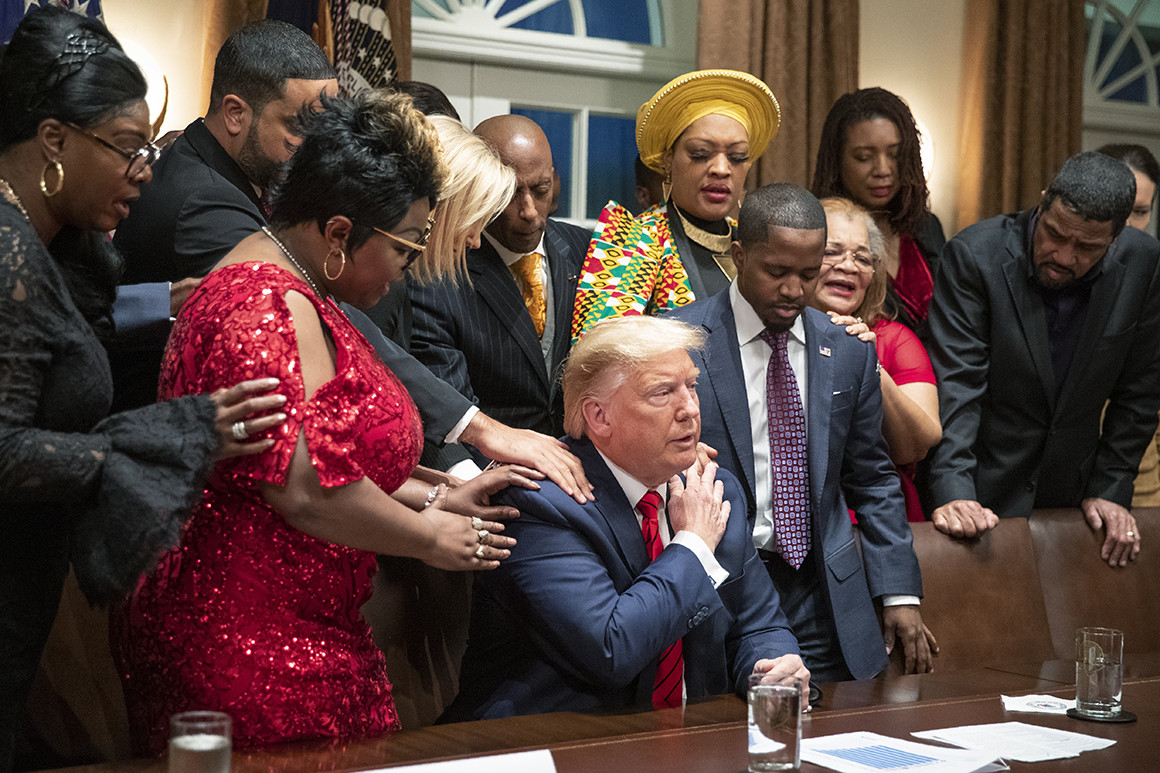(ThyBlackMan.com) Telling the kids is often described as the toughest part of a divorce. The kid’s dream of a “normal” life with mom and dad loving each other dies hard. There is much lost even in a “good divorce” so make sure divorce is unavoidable. Research says that ongoing conflict or an unloving home can be worse than a divorce. Obviously, all three should be avoided if possible, but if divorce is unavoidable at least minimize the negative effects with a healthy process. Here is where mediation can be helpful.
1. Tell the kids with the whole family present (unless there is potential for arguments or violence between the parents). Decide what each of you will say beforehand. Take turns giving information.
2. Base your explanation of the divorce on observations the children have already seen to affirm their point of view. Each parent should take responsibility for their side. For example, if the kids see a lot of fighting (one  of the most damaging aspects of divorce), ask them how they feel about the fighting and tell them that mom and dad are not able to live together because of the fighting. Both mom and dad are unable to resolve their differences and have agreed to divorce. Or, if the kids notice that mom and dad don’t spend much time together, mention that. Say that mom and dad should have spent more time together, or listened more to what each feels, or did more for each other. Don’t give out personal information. While kids are curious, they don’t have the understanding or coping skills to deal with it. Don’t put down the other parent; each kid identifies with each parent.
of the most damaging aspects of divorce), ask them how they feel about the fighting and tell them that mom and dad are not able to live together because of the fighting. Both mom and dad are unable to resolve their differences and have agreed to divorce. Or, if the kids notice that mom and dad don’t spend much time together, mention that. Say that mom and dad should have spent more time together, or listened more to what each feels, or did more for each other. Don’t give out personal information. While kids are curious, they don’t have the understanding or coping skills to deal with it. Don’t put down the other parent; each kid identifies with each parent.
3. Address four primary negative emotions:
Anger: Kids have a right to feel angry because their world is going to be turned upside down. Tell them that frustration and anger is allowed. Give examples of good ways to express it.
Fear: Ask your kids what they think divorce means. Ask them what they are afraid of happening and tell them how the parents will handle it. Counter fears by giving details on what the kids can expect, like when transitions will occur, where mom and dad will live, and what will be the family schedule for seeing mom and dad. Don’t give them more to worry about. Tell them that everything is going to be as normal as possible and that they will have open communication with both parents (unless that is not true).
Sadness: Tell the kids that mom and dad once loved each other. Mention good times the family experienced, even if it was a long time ago. Affirm the good so the kids can accept the bad.
Guilt: Let your kids know that they did nothing to cause the divorce and that mom and dad only are to blame. Both mom and dad have learned from this but both feel there is nothing either can do to make the marriage work and there is nothing the kids can do to make the marriage work.
4. Ask if there are any questions.
Each parent should take responsibility for their part in the loss of marriage; however kids do not need to know details of each parent’s faults unless the kids already know about them. In that case, affirm that the kid’s observations are true and ask the kids how that impacts them. What you feel when you are talking with your kids is more important than what you say. They will respond to how you feel, so model how you would like your kids to respond.
Written By Dan Blair
Official website; http://blaircounselingandmediation.com/




















Leave a Reply